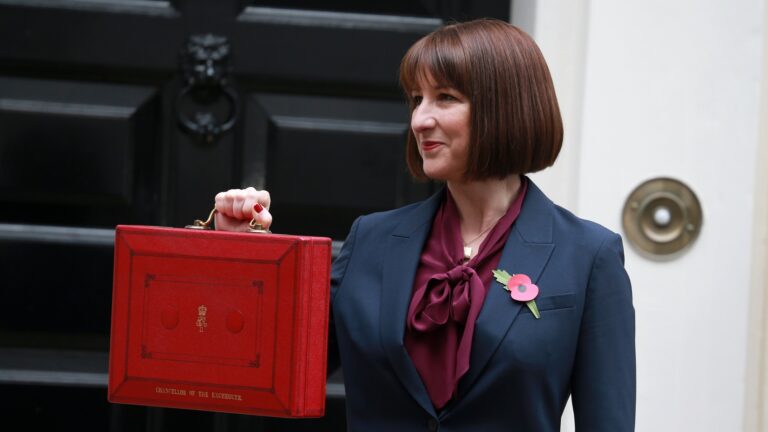
Reeves also confirmed substantial investment in nuclear projects, carbon capture hubs and clean tech R&D in the review which is being seen as a major boost for the green economy.
Ahead of today’s review, Prime Minister Sir Keir Starmer reconfirmed the government’s commitment to the UK’s net zero targets, making clear that net‑zero isn’t just policy – it’s personal. He said the Government’s commitment to decarbonisation is “part of our DNA” and now underpins everything they do.
Voicing concern that the previously strong cross-party consensus on net zero is breaking down and describing it as “a real tragedy” Starmer warned that the UK must “step up” its efforts suggesting that any deviation from this path would constitute a serious betrayal of public trust in Labour’s green mission.
No new licences
Responding to a question on the manifesto ban for new North Sea oil exploration licences, Starmer confirmed that “there will be no new licences, and that is absolutely our position” Clarifying that “oil and gas will be part of the mix for many years to come”, he confirmed that “The drive to renewables, to clean power, is very much where our focus is.”
The focus of the spending review on clean energy, home efficiency improvement, and net-zero acceleration reaffirms that climate and energy remain a non-negotiable, structural priority of this government.
Following funding speculation, Reeves confirmed the government commitment to £13.2 billion of funding for the Warm Homes Plan over the course of the Parliament, as part of efforts to permanently reduce energy bills for millions of households.
The funding will be allocated “across schemes that support the rollout of heat pumps, alongside energy efficiency measures and other low-carbon technologies.”
This spending is in addition to £8.3 billion for Great British Energy and £14.2 billion for Sizewell C nuclear.
Funding for off-grid properties
The 1.5 million off-gas-grid homes which are mainly oil-heated are included in the scope of the Warm Homes Plan. These households will be eligible for grants covering insulation, solar panels, batteries, and low carbon heating systems.
While the government views heat pumps as the primary low carbon heating solution, it has acknowledged that for some off‑grid homes this may not be a practical or cost-effective solution. In these cases, the Warm Homes Plan acknowledges that alternatives such as solid biomass boilers, high-temperature heat pumps, and potentially liquid biofuels may be considered viable under the plan.
Industry bodies UKIFDA and OFTEC strongly advocate for a technology neutral strategy, urging the government to offer oil-heated households a choice of renewable liquid fuels, such as HVO, alongside heat pumps to make decarbonisation easy, affordable and non-disruptive
They also recommend establishing a market framework via Section 159 of the Energy Act 2023 to equalise duties on renewable fuels and allow practical, non-disruptive transitions for rural consumers.
This industry push for stronger recognition and support of biofuel options, could shape future implementations of the Warm Homes Plan and ensure that renewable liquid fuels feature as a supported alternative in certain circumstances.
The detail will determine the impact
Sir Keir’s strong language yesterday about climate priorities is being matched today by action: the spending review embeds his vision with substantial green investment and structural commitment. The message is clear: net zero isn’t rhetoric – it’s now backbone policy.
The detail is anticipated by October this year. For the Warm Homes Plan ambition is high but the extent of measures covered, and the execution will determine the real impact.
Key energy takeaways
- £13.2 billion pledged to double spending on energy efficiency over this Parliament
- Substantial investment in nuclear and clean-tech R&D:
– £14 billion for Sizewell C and nuclear, plus an additional £30 billion indicated by some reports
– £8.3 billion allocated to Great British Energy, the new national clean-energy investment firm - Additional funding confirmed for carbon capture hubs, skills programmes, and public transport upgrades to support a greener economy
The Warm Homes Plan
- Full funding confirmed – no cuts despite previous speculation
- The plan aims to upgrade at least 5 million homes by 2029 through a combination of grants and low-interest loans
- Targeted measures include:
Insulation upgrades
Heat pump installations
Solar panels and battery systems - Expected benefits:
Household energy savings
Tackles fuel poverty, cuts carbon emissions, and boosts net-zero progress - Delivery:
Detailed rollout plan due by October 2025
Image from Dreamstime